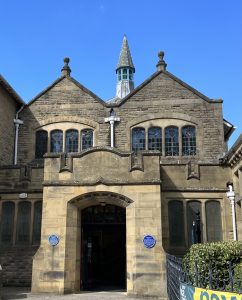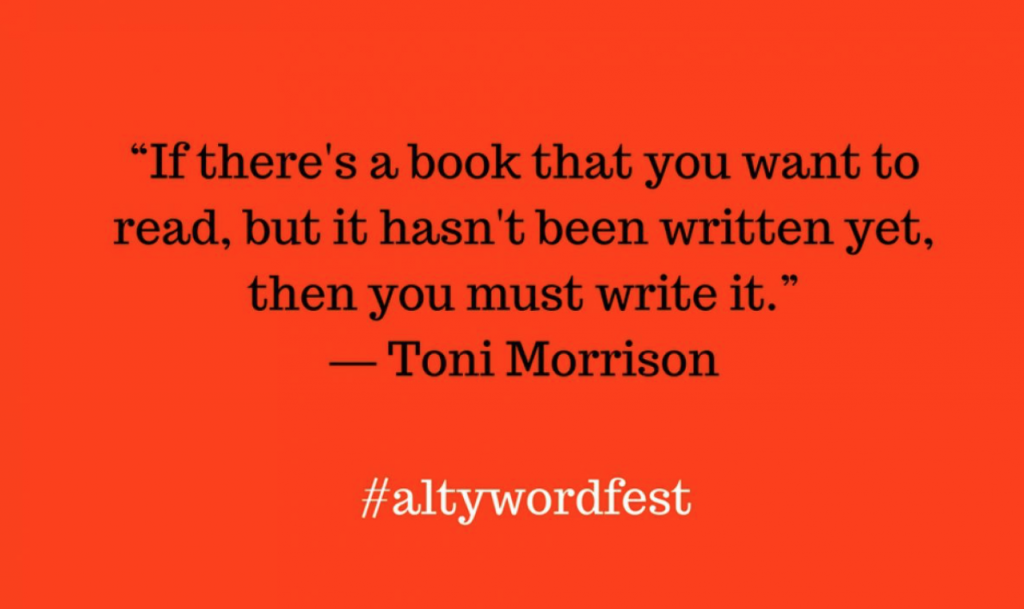
I’m really pleased with the work that Royal Exchange Theatre and the local ambassadors, champions and the filmmaker have done with the words they commissioned for FestiDale. It was great to be involved in the project and the whole event was positive and uplifting – just the kind of creativity, art and entertainment that we need.
The film is now online and you can watch it on YouTube – Welcome to Rochdale on YouTube
and also on the Royal Exchange website – Link to Royal Exchange Community Rochdale Page
Now that the poem has been published in video form I am adding the text version here – I’d love to know what readers think – you can comment on this post.
Welcome to Rochdale
Welcome to Rochdale,
Nestled in the valley of the Roche,
beneath the mighty Blackstone Edge,
rooted in history, striding into the future,
an industrial giant of the Victorian age,
celebrated by our grand Gothic Town Hall.
Welcome to this borough of innovation.
History woven with silk, wool, cotton, kevlar,
and the glass fibre moulding for Concorde’s nose.
Welcome to the UK’s highest broad canal,
longest rail tunnel at Summit,
and the Worlds first railway tunnel in Healy Dell.
Welcome our green-award-winning offices,
library and Interchange on Riverside,
Be astonished by our ideas and sustainability!
Welcome to this home of innovation.
Welcome to the home of Samuel Bamford,
Weaver, poet and leader of marchers to Peter’s field,
and John Bright, radical, anti-slavery hero.
Welcome to the cotton famine road.
See our memorials, testament to sacrifice,
from our archers at Flodden, the fallen in the Boer War,
the Great War, World War Two and all conflicts since.
Remember them, and remember Fusilier Lee Rigby.
Welcome to Toad Lane, the home of cooperation,
a quiet rebellion against poverty and inequality,
that spread across the country, onto a world-wide stage.
“Each for all; and all for each”
Visit our stages, our performers.
See “Our Gracie’s” statue by the Town Hall,
Hear Lisa Stansfield, ‘All around the World”.
Watch Mike Harding, Steve Coogan,
spot top twitcher Bill Oddie,
soap stars Julie Goodyear, Anna Friel and Sue DeVaney.
Celebrate the Courteeners, and the “Stones” illicit concert behind the lake.
Celebrate our bands, singers, cloggers and dancers, placing Rochdale centre stage.
Celebrate our sports stars, on track and field.
Row, sail, paddle, or cruise aboard the Lady Katherine,
on Hollingworth Lake, where Captain Webb practiced to swim the Channel.
Celebrate Rochdale AFC, the Hornets, and our many sports clubs.
Celebrate European Cup winning Lioness, Kiera Walsh,
and World Champion cyclist Mandy Jones.
Cherish our churches, marvel at our mosques, meeting places and halls.
See our history, experience our present, and glimpse our future.
Welcome to a home to the peregrines, the lost, the wanderers, those with no place to go.
Meet the people who will speak with you and extend a hand of support.
Look at our communities, our buildings, our spaces.
Look to the sky, to our much-loved clock tower,
where the Peregrines raise their young.
We welcome them all, new sons and daughters of the Dale.
Welcome to Rochdale.
(c) Seamus Kelly 2024













 The second Altrincham Word Fest will run from 11th to 26th May 2019 at various venues in the town and promises to be even more exciting that the first edition held in 2018.
The second Altrincham Word Fest will run from 11th to 26th May 2019 at various venues in the town and promises to be even more exciting that the first edition held in 2018.